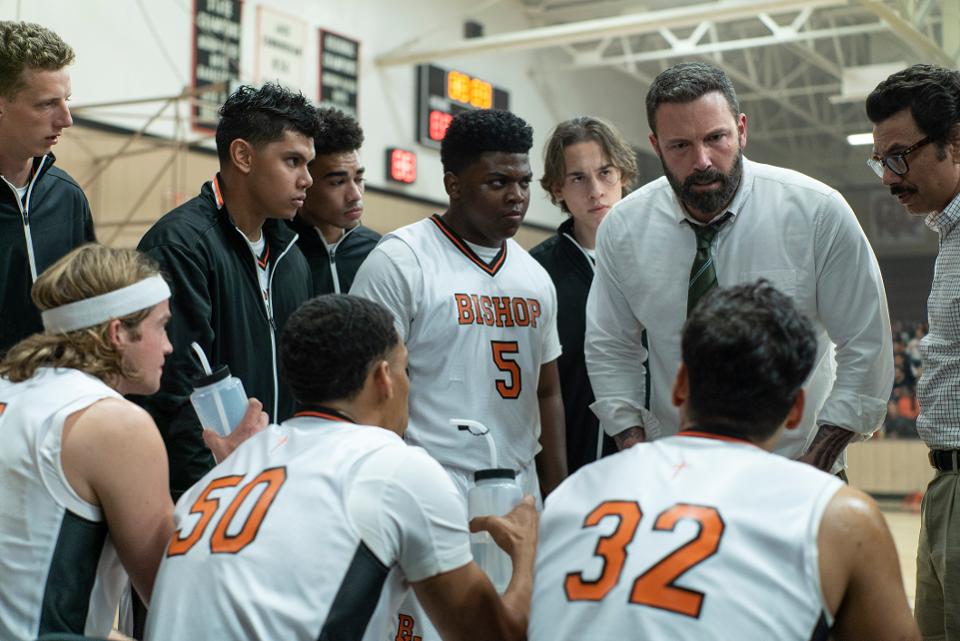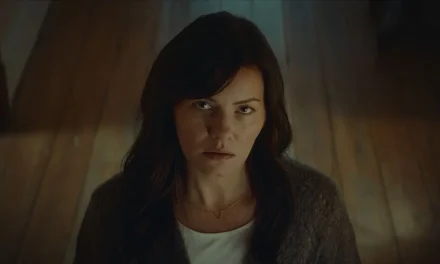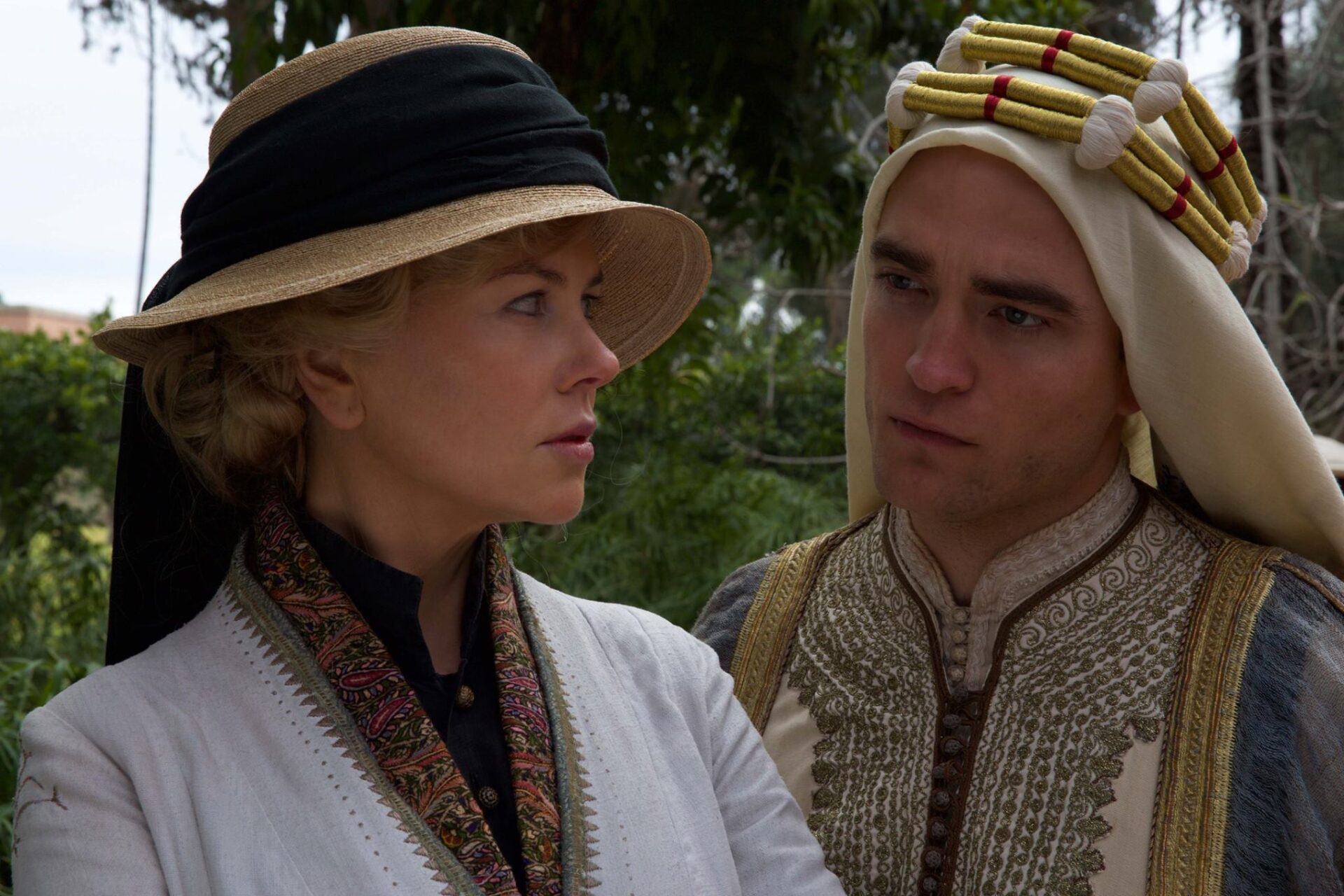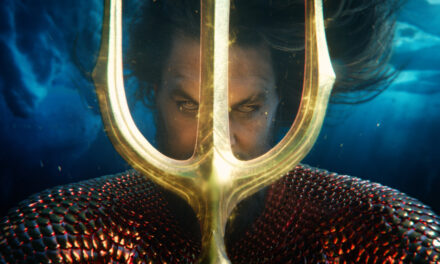Director Gavin O’Connor has more than enough experience when it comes to working with the “come-from-behind” sports stories. (He directed 2004’s Miracle and 2011’s Warrior). The flawed, unlikely, redemption seeking archetype is something that has been prevalent throughout movie history. We love to see people arise from their struggles and aspire to something greater. When you’re discussing things in terms of addiction, oftentimes, this is more difficult to obtain. Relapses happen and there are memories in life that may drive us to the perceived comfort of unhealthy vices. The Way Back is a movie where these two themes strive to meet in the middle.
Jack Cunningham (Ben Affleck) is a down and out construction worker who is well within the grasp of alcoholism. His life has fallen into an endless state of monotony. He often retreating to the same bar every night as he mourns the loss of his son and separation from his wife Angela (Janina Gavankar). A basketball star of Bishop Hayes catholic high school in his younger days, Father Devine (John Aylward) asks him to be the head coach of the fledgling basketball team.
The Way Back’s plot threads should feel conversant. Both the basketball team and Jack have this concurrent fight to make something positive come from their conflicts. However, this is very much a Jack-focused movie – much to its benefit. Affleck draws from his own personal struggles and puts together one of his best performances ever. The character of Jack Cunningham is almost like viewing a snapshot into a specific period of Affleck’s life and doubles as a riveting character study.
As the Bishop Hayes basketball takes on a scrappy, workman’s like approach to wins, Jack’s life doesn’t necessarily follow suit. Basketball, which gave him success in his earlier years and current situation as the team gets better does not cure his pain. While the movie focuses more on Jack’s personal relationships and how his struggles change them, the movie finds room for him to take a mentorship role. He takes initially shy, but talented point guard Brandon Durrett (Brandon Wilson) under his wing. The sad thing is, as Jack pushes Brandon to take more of a leadership role on the team, Jack’s life is still spiraling out of control. While he also petitions Brandon’s father, Chubbs (Charles Lott Jr.) to be an active part of his son’s sports emergence, his relationship with his father was anything but supportive.
Visually, shots are often tighter to faces in order to display the realizations of various emotions. The cinematography of Eduard Grau helps elevate the emotional performance of Affleck and those around him. It’s almost as if the environment and lighting bends Jack’s emotional state. Whether this involves purely focusing the camera on Affleck’s character as he has to deal with hard situations or holding scenes in the aftermath of harder-hitting events. The film also captures the high school atmosphere of a high school sports team on the rise. As the games have more on the line, the movie tries to display that as well.
While The Way Back starts to veer into familiar territory as far as the underlying plot is concerned, it succeeds in a sudden shift within the third act. Sometimes, stories dealing with problems like addiction do not always receive a happy ending we hope. Writer Brad Ingelsby‘s script exhibits a realistic depiction of the long road that recovery entails. No matter how disheveled, reckless, or cankerous Jack Cunningham becomes, you never stop rooting for him.
The Bishop Hayes basketball teams takes on a fighting spirit that you ultimately want Jack to realize for himself. The first step is admitting that you have a problem and then undergoing the long process to unpack grief. While every story cannot end with thunderous applause or championship trophies, The Way Back makes you realize that the essence of winning may be different for everyone – in this case, to make a concerted effort to break a negative cycle.













